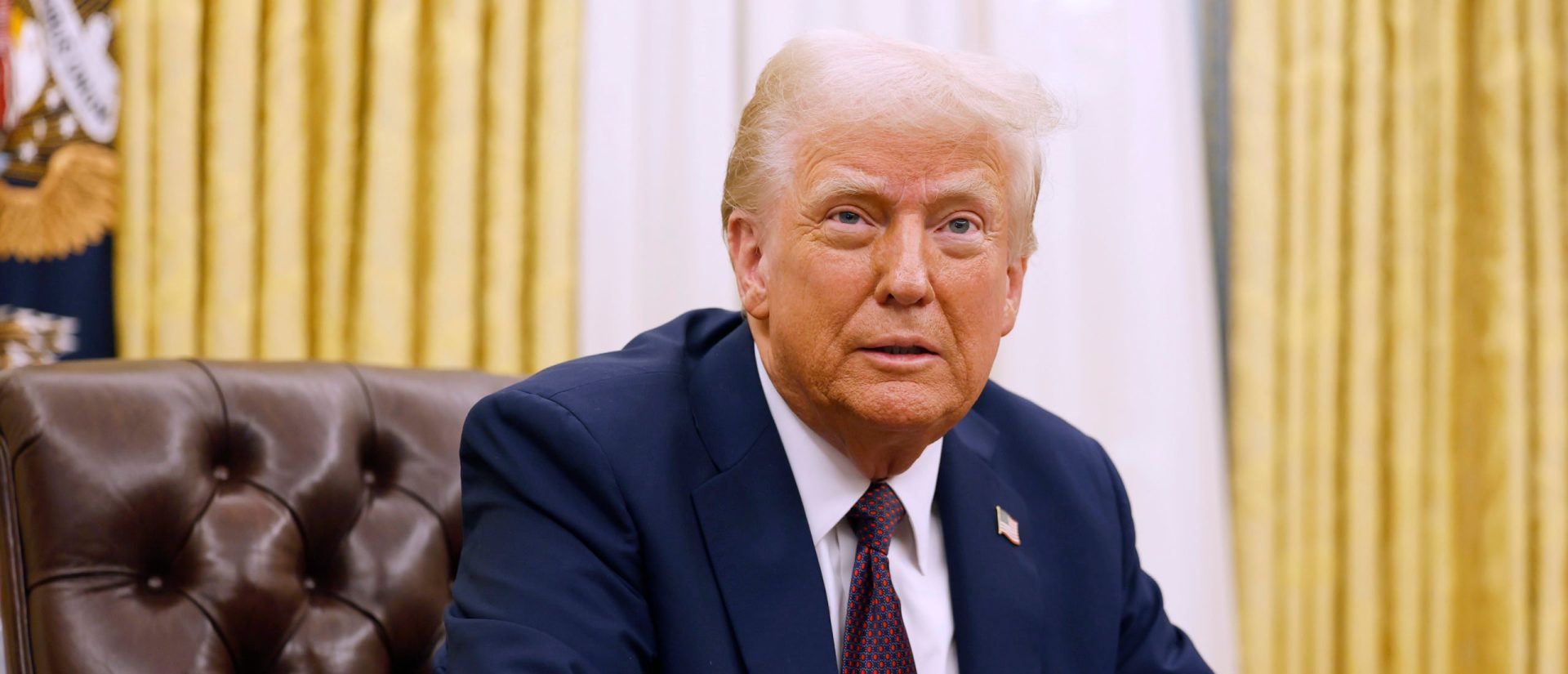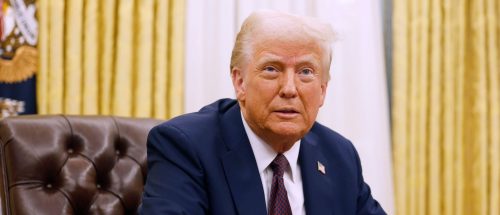Illegal immigration continues to stir heated debates across the country, particularly at the southern border in El Paso, Texas. A recent incident captured Texas National Guard members struggling as waves of illegal immigrants attempted to cross over. Such events underscore the ongoing challenges faced by border states and local communities.
In a significant policy move, President Trump is set to sign an executive order aimed at denying federal taxpayer benefits to illegal aliens. This directive will instruct all federal agencies and departments to pinpoint any programs currently providing financial assistance to undocumented individuals. The goal is to reassess and redirect these resources to ensure they are not supporting sanctuary policies or facilitating illegal immigration.
This executive order includes a mandate for enhanced eligibility verification to prevent benefits from reaching those in the country unlawfully. A White House official informed Fox News that this move reflects Trump’s dedication to ensuring that federal public health benefits prioritize American citizens, especially veterans. By cutting off these benefits, the administration hopes to deter illegal immigration and reinforce the rule of law.
Bill Melugin, a correspondent for Fox News, has been at the forefront of covering these developments, providing insights on the administration’s plans. According to Melugin, this executive order is a clear indication of the President’s firm stance on immigration policies. Such measures have long been part of the conservative agenda, aiming to uphold national security and economic stability.
In parallel, there have been reports of New York paying migrant families $4,000 to help them transition out of shelters. This initiative has sparked controversy, with critics arguing it incentivizes illegal immigration and places undue strain on taxpayers. Supporters, however, claim it provides a humane solution to a complex issue.
The executive order is expected to have far-reaching consequences, affecting various federally funded programs. Departments will be tasked with scrutinizing their expenditures to ensure compliance with the new directive. This process may reveal the extent of federal support currently extended to undocumented immigrants.
Conservative commentators have lauded the move as a necessary step to uphold American values and protect citizens’ interests. They argue that taxpayer money should benefit those who contribute legally to the country’s welfare. The executive order aligns with longstanding conservative principles of limited government and fiscal responsibility.
Despite the potential benefits, the order is likely to face legal challenges from advocacy groups and states with sanctuary policies. These entities may argue that the directive infringes on states’ rights and fails to address the root causes of immigration. Nonetheless, the administration appears resolute in its commitment to enforce immigration laws.
The broader implications of this policy shift may also impact U.S. relations with neighboring countries. Mexico and other Central American nations might view the move as a signal to strengthen their own border controls. International cooperation will be vital in addressing the factors driving migration.
In the political arena, the executive order could galvanize Trump’s base while provoking criticism from his opponents. The issue of immigration remains a divisive topic, likely influencing upcoming electoral campaigns. As the nation grapples with these challenges, the importance of informed and balanced dialogue cannot be overstated.
Conservatives argue that securing the border is essential for national sovereignty and public safety. They contend that a robust immigration policy can protect American jobs and reduce strain on public services. The executive order is seen as a step toward achieving these objectives.
While the effectiveness of the order remains to be seen, it undeniably highlights the administration’s priorities. By focusing on illegal immigration, the President seeks to address one of the most pressing concerns for many Americans. The outcome of this initiative will shape the immigration debate for years to come.
As federal agencies begin implementing the order, the process will likely involve collaboration with state and local governments. These partnerships will be crucial in ensuring the directive’s success and minimizing unintended consequences. The administration’s approach emphasizes accountability and transparency in public spending.
Observers note that the executive order reflects a broader trend of prioritizing national interests. In doing so, it challenges conventional approaches to immigration and welfare policy. The success of this strategy will depend on its execution and the response from various stakeholders.
The ongoing dialogue surrounding immigration policies underscores the complexity of the issue. Balancing compassion with the rule of law remains a fundamental challenge. As the nation navigates these waters, maintaining a focus on facts and constructive discourse will be essential.
In conclusion, the executive order represents a critical juncture in U.S. immigration policy. Its implications will be felt across the political landscape, influencing future administrations and legislative agendas. As the debate continues, the need for comprehensive and effective solutions remains paramount.






